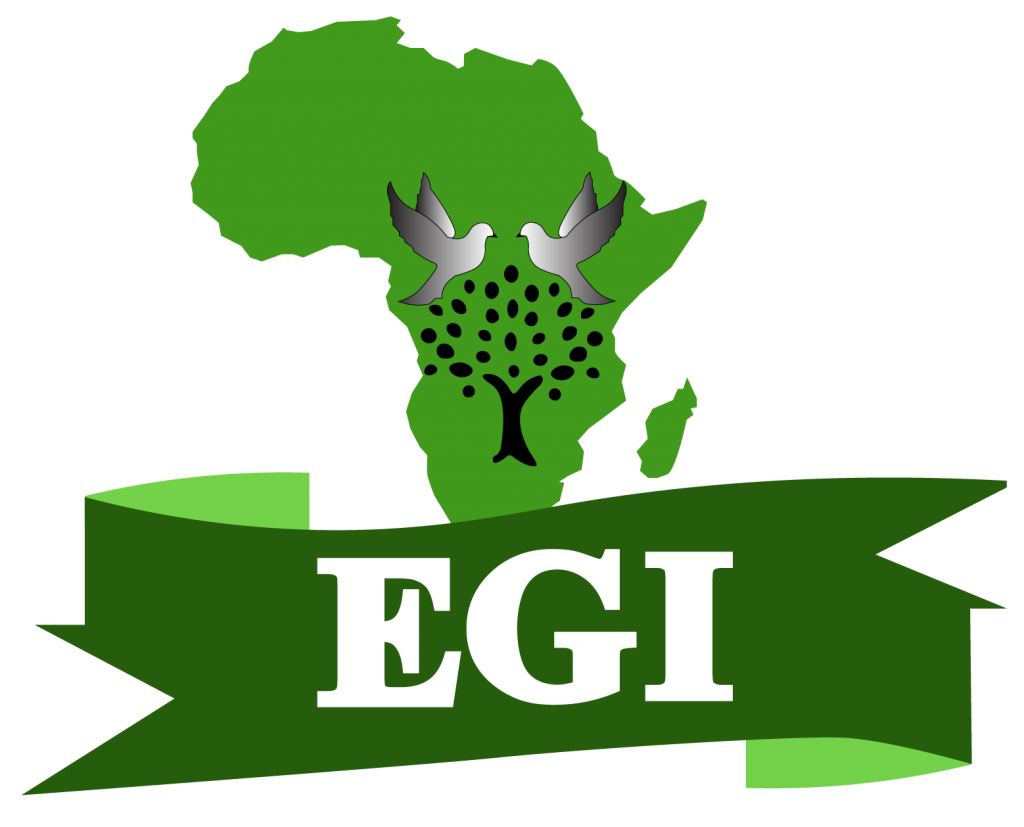The Environment Governance Institute (EGI) Uganda has released a pioneering report highlighting the substantial influence of Export Credit Agencies (ECAs) on energy projects across Uganda, Tanzania, and the Democratic Republic of Congo (DRC).
In light of mounting climate change concerns and the need for sustainable energy transitions, the report sheds light on ECAs’ continued investments in fossil fuels and large-scale hydroelectric projects within these countries.
This report, which incorporates testimonies from affected communities and in-depth analysis from credible sources, raises concerns over transparency, accountability, and the push for an equitable energy shift in Africa.
According to the report, ECAs from the Global North and Asia directed 88% of their funding between 2018 and 2025 to fossil fuel projects in the region, leaving a small fraction, only 0.6%, for renewable energy initiatives.
Tanzania received the highest level of ECA support for energy projects, amounting to US$63.1 billion, while the DRC received the lowest, at US$1.86 billion, exposing significant disparities in energy investment distribution across the countries.
The report further criticises the prioritisation of large hydroelectric dams, particularly in Tanzania, which have led to widespread displacement, biodiversity loss, and disruption of local livelihoods.
The report’s findings also reveal that 72% of total ECA investment in the region comes from Asian agencies, such as the Exim Bank of China, Exim Bank of India, and the Korean Exim Bank.
Their funding predominantly supports fossil fuel and hydroelectric projects, complicating Africa’s path towards renewable energy adoption. European ECAs, including the UK Export Finance (UKEF), Atradius (Netherlands), and SACE (Italy), also show a preference for large-scale hydroelectric projects. In Uganda, European agencies allocate 33% of their support to renewable energy, with solar energy receiving notable attention.
The EGI report also underscores the serious socio-economic and human rights implications of ECA-backed energy projects. Communities in Uganda and the DRC reported increased military presence and human rights abuses associated with these projects.
Additionally, the report highlights gender-specific impacts, with women experiencing challenges in receiving compensation for land acquisition, loss of livelihoods, and increased risks of sexual harassment.
EGI’s Executive Director, Samuel Okulony, emphasised the need for accountability, transparency, and a shift in focus to renewable energy investments, urging stakeholders to “embrace transparency, accountability, and an inclusive approach to energy development that truly benefits the people and ecosystems of Africa.”
About EGI Uganda:
The Environment Governance Institute (EGI) is a non-governmental organization dedicated to promoting the sustainable management of the environment and natural resources in Uganda and the Great Lakes Region
![]()
























